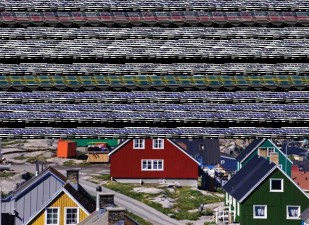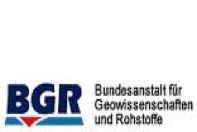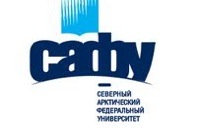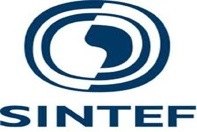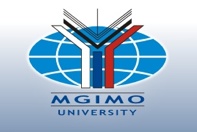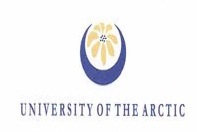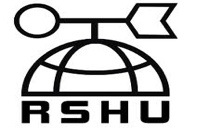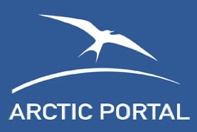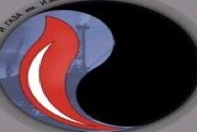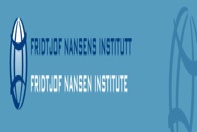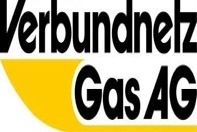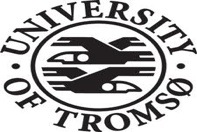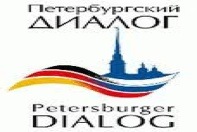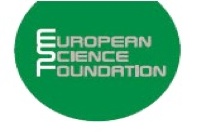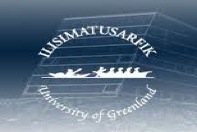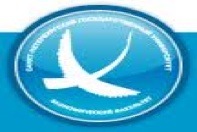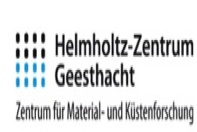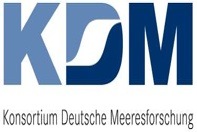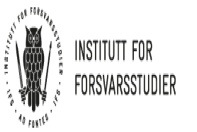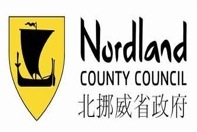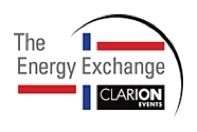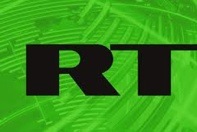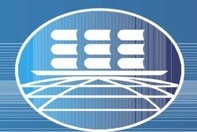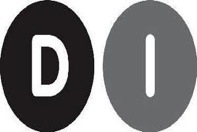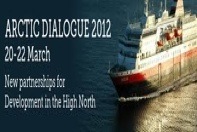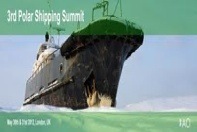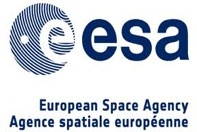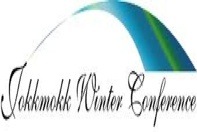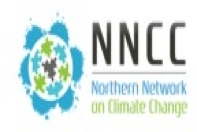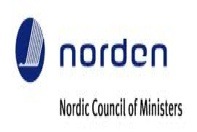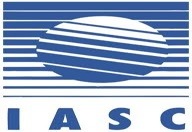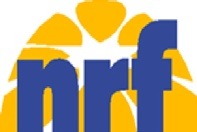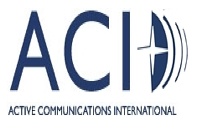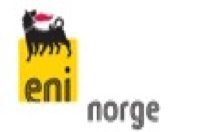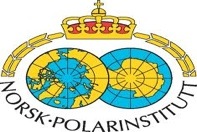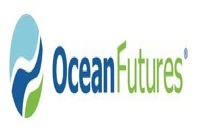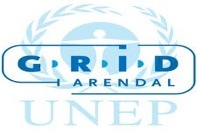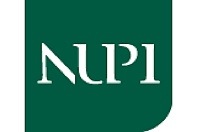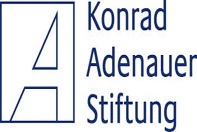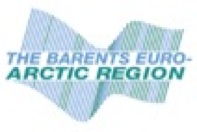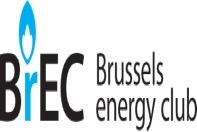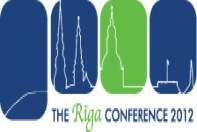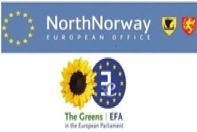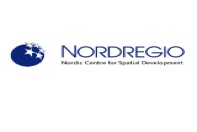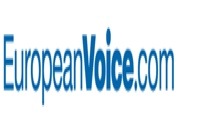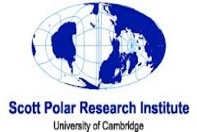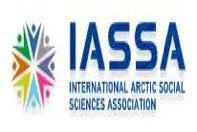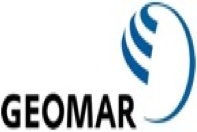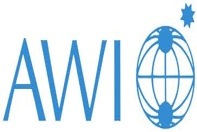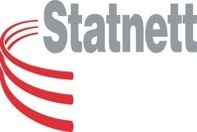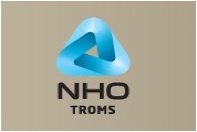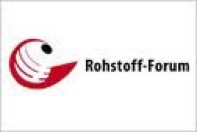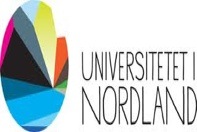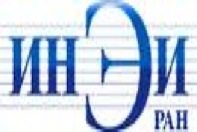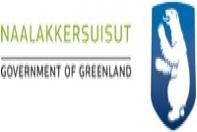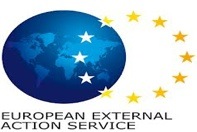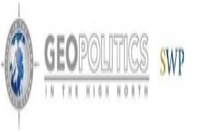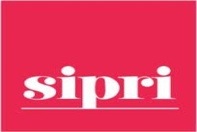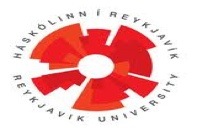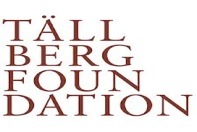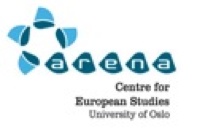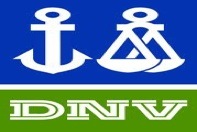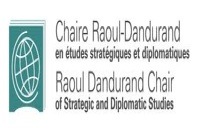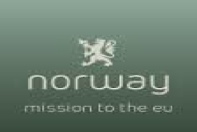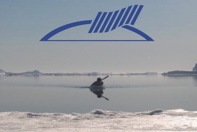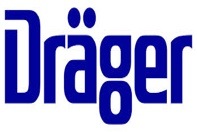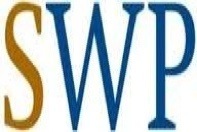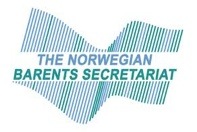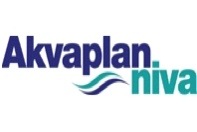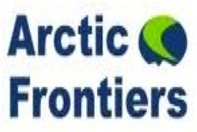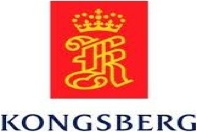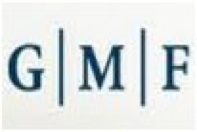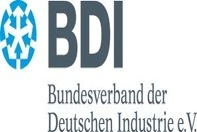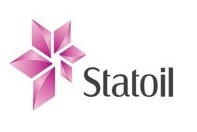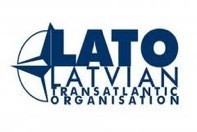Arctic Forum Fellows and Secretary General Contributing to the Arctic Yearbook 2012: Documenting Fast Times in the Arctic
 The Arctic Yearbook 2012 was released online in November 2012, and officially launched at an event at the Université du Québec à Montréal, a University of the Arctic member. The Arctic Yearbook 2012 had 17 articles and 5 commentaries written by 28 authors from 12 countries. Arctic Forum Foundation’s own Steffen Weber, Cécile Pelaudeix and Iulian Romanyshyn contributed to the edition with a comment on EU’s New Arctic Communication. You can read their contribution here.
The Arctic Yearbook 2012 was released online in November 2012, and officially launched at an event at the Université du Québec à Montréal, a University of the Arctic member. The Arctic Yearbook 2012 had 17 articles and 5 commentaries written by 28 authors from 12 countries. Arctic Forum Foundation’s own Steffen Weber, Cécile Pelaudeix and Iulian Romanyshyn contributed to the edition with a comment on EU’s New Arctic Communication. You can read their contribution here.
The theme of the Arctic Yearbook 2012 was on Arctic strategies, building on the unprecedented series of Arctic policy announcements from the 8 Arctic states in the past five years, as well as the articulation of Arctic goals, ambitions and potential of a variety of non-Arctic actors, from the EU and France to Singapore and Scotland. Other topics covered included trans-polar shipping, environmental politics, and the new Arctic geography, from renowned authors such as Willy Østreng, Annika Nilsson, and Lawson Brigham.
The Arctic Yearbook is about making current and high quality analysis of Arctic events and circumpolar politics available in an open access format. The need for this has never been greater: while climate changes are taking place at a breathtaking rate, so are political ones, and the stakeholders are increasingly diverse. Although the main format of Arctic Yearbook contributions is peer-reviewed articles, they are meant to be relevant and appeal to a non-academic audience. This means that the articles are policy-focused rather than theoretically driven, and seek to analyze the events that are on policymaker’s minds today, helping to inform the discussion around them.
The Arctic Yearbook 2013 is underway, with the overarching theme of “the globalized Arctic vs the Arctic of regions”. Although the preeminent view of the Arctic – at least in media and policy circles – is of the Arctic as a region of (or 5, or 6) states, it is also a subject, in and of itself, in a globalized world, with an impact on the global economy, environment and polity; and a collection of sub-national regions where people actually live, policies have consequences, and the threats to climate change and indigenous culture are not abstract – they are a lived experience with implications. Specific events and issues it will seek to address through commentaries include an assessment of the Swedish chairmanship, the recent Greenlandic elections, Quebec’s Plan Nord and many other contemporary issues.
The Arctic Yearbook is itself a reflection of how far the Arctic has developed as a region and how a common identity and purpose has evolved far beyond the walls of the Arctic Council. It is at its heart a project of the joint UArctic-NRF Thematic Network on Geopolitics and Security and its network of researchers across the circumpolar north. The Northern Research Forum is an international platform for cross-sectoral dialogue on the circumpolar north, and UArctic is a network of institutions who are involved in higher education and research in the Circumpolar North. In addition, the Arctic Yearbook was hosted and designed by the Arctic Portal, the comprehensive internet-based gateway to Arctic information located in Akureyri, Iceland. If the effects of networking and regional cooperation are sometimes intangible, then the Arctic Yearbook is a very concrete example of disperse and distinctive circumpolar-related efforts converging into a single, common deliverable.
The drawback to a yearbook format is that its contemporary relevance can often expire as events move on and policies proceed. In that respect, however, the Arctic Yearbook can expect a new life as documenting, for posterity, perspectives on and progress in the Arctic as they occur. It is easy, in retrospect, to take for granted the progress that has been made in the region over the course of the past 25 years. Our hope, for both the Arctic Yearbook and the region, is that it chronicles the discussions, choices and events that define the Arctic in its journey to achieving a well-governed, peaceful and prosperous region with healthy and vibrant communities.
To access the 2012 Arctic Yearbook, visit www.arcticyearbook.com. The Editor of Arctic Yearbook is Lassi Heininen. Managing editors are Heather Exner-Pirot and Joël Plouffe.
Written by Heather Exner-Pirot, Research Fellow, AFF
